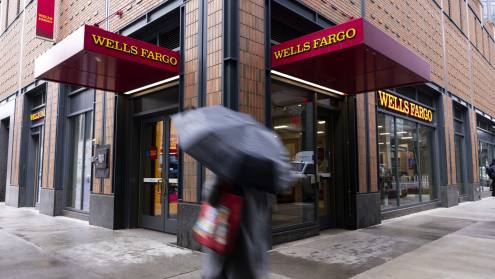One year after the collapse of Silicon Valley Bank, which marked the biggest bank failure in the US in 15 years, turmoil in the banking sector is still worrying corporations in the Americas, Europe, the Middle East and Africa.
On March 18, institutional investment technology provider ICD published the latest edition of its client survey, which collected data from 157 treasury professionals across the Americas and Emea regions on investment trends within the financial sector in 2024.
The report found that almost three-quarters (74 per cent) of respondents are concerned about counterparty concentration risks this year, while 80 per cent are worried about bank failures. Furthermore, 61 per cent admitted to having changed their risk policies over the past 12 months.
Counterparty risks occur when companies do not fulfil their payment obligations or default on their debt requirements, which causes banks to risk failing to meet their own financial obligations.
“The banking turmoil of last March has had a lasting effect on corporates, which remain concerned about the banking sector,” said ICD CEO Tory Hazard. According to the survey, only 30 per cent of respondents in the Americas say they are investing in or planning on investing in demand/bank deposits, down from 49 per cent in 2023.
In February, the Federal Reserve vice chair for supervision, Michael Barr, asked US lenders to ramp up their efforts in handling their counterparty risks as the central bank announced that it would step up its oversight on banks’ coping mechanisms to assess whether they can handle defaults from funds.
“Banks need reliable, comprehensive, granular and frequent information about their counterparties to make prudent decisions,” said Barr at the Conference on Counterparty Credit Risk Management, organised by the Federal Reserve Bank of New York and the Basel Committee on Banking Supervision. “Obtaining this information can be challenging because of client activity happening away from the bank,” he added.
In 2021, the collapse of US investment firm Archegos Capital Management caused losses of $10bn spread across a number of banks, which highlighted severe gaps within their counterparty risk management protocols. Additionally, the collapse of SVB last year further highlighted the need for industry-wide reforms to reduce risks for banks.
According to Barr, creating effective risk management tools for banks is the first step in understanding counterparty risk. “In contrast to many traditional lending relationships, trading activities can be more complex and riskier, which demands more nuance and attention in risk management,” he said during the conference.







